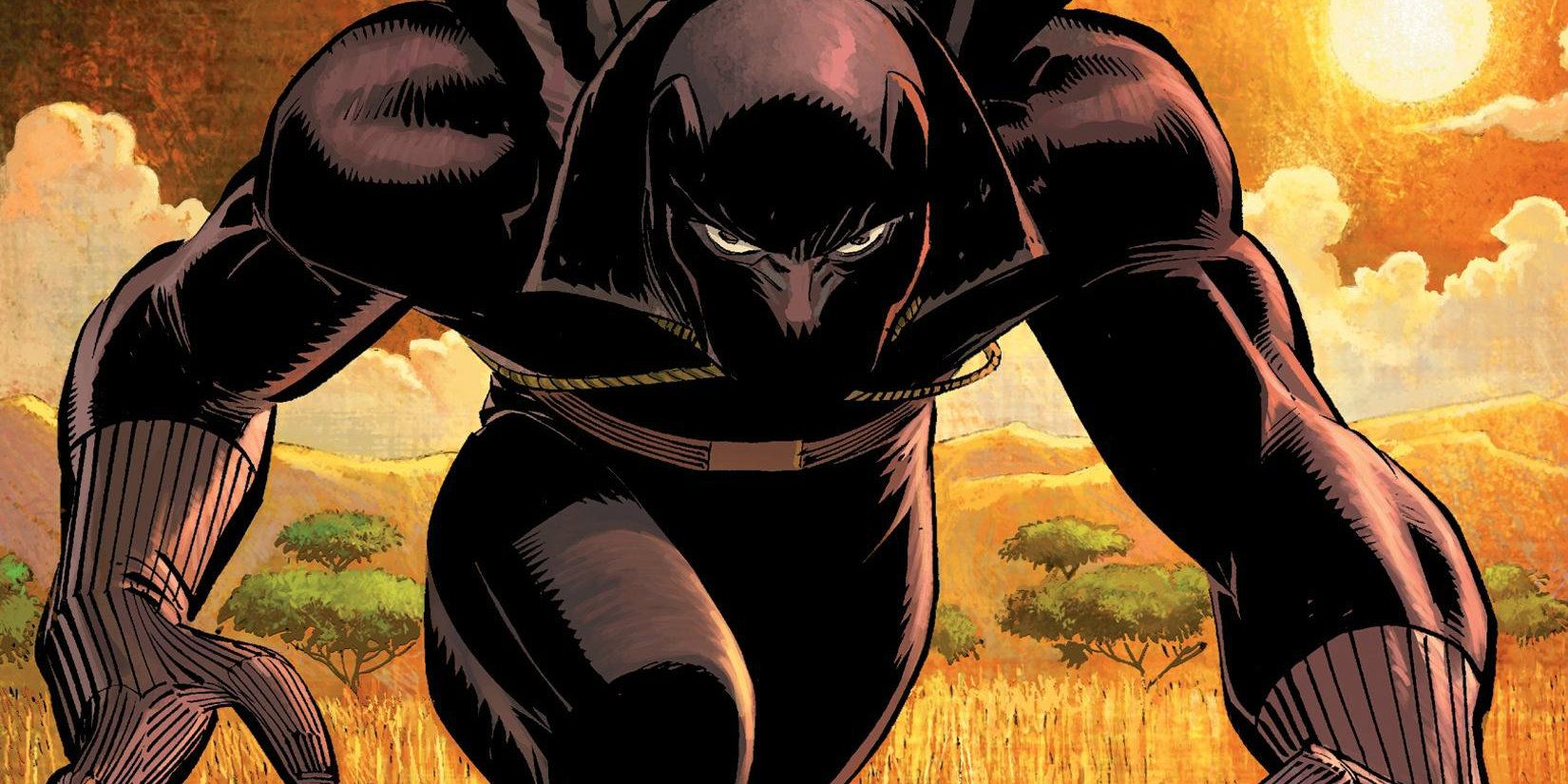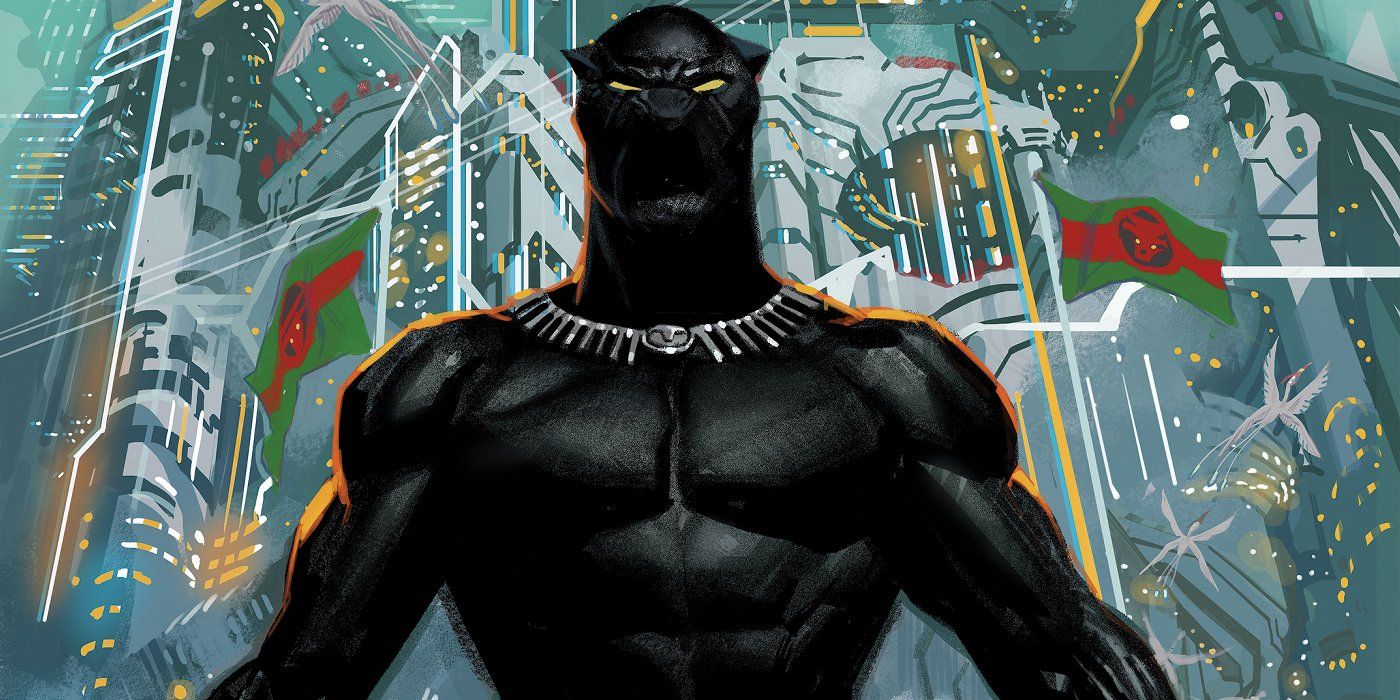In the comic book industry, there's a growing trend of companies like Marvel and DC hiring writers of color to tackle characters of the same race. The idea behind the practice is to serve the goal of representation. Some feel that only a black writer can fully understand a black character. Celebrated Black Panther comic book writer Christopher Priest has a much different perspective when it comes to "pigeonholing" people of color. Priest is against companies using race as a basis for hiring writers.
Christopher Priest became a Marvel Comics writer when he began working on The Falcon. Priest became the full editor of The Amazing Spider-Man during the 1980s and took over Power Man and Iron Fist for a time as well. He's also worked on Conan the Barbarian, Deadpool, The Ray, and Justice League. Though Priest has a long list of credits in the comic book business, his most memorable run was on Black Panther, which he wrote from 1998 to 2003. Priest returned to write a Black Panther story in this week's Black Panther Annual #1. His work on Black Panther is largely considered by fans to be some of the character's best stories. The Christopher Priest-era of Black Panther was a major source of inspiration for the film.
Related: Black Panther Pushes MCU Past $14 Billion Globally
In an interview with Comic Book, Christopher Priest talks about his experience in the comic book industry and how being a black writer caused him to be typecast. Priest said that for years he would occasionally get a call from Marvel or DC about an offer to write a comic about a black or Latino hero. Priest described a time when DC asked him to write Cyborg. Priest always declined these offers, having realized that he had been "typecast" due to his work on Black Panther, despite his experience with writing white characters like Spider-Man.
So I got a call from DC, and they wanted to talk to me about Cyborg. I gave them the standard stump speech. I don’t want to be a “black writer.” When did I become a black writer? I used to be a guy who would write Spider-Man, Deadpool, and Batman. Why am I no longer qualified to write those characters?
Priest felt that he was "pigeonholed" as someone who can only write black characters, and points out that his Black Panther series wasn't even about T'Challa, it was about Everett Ross, a white character. The story was told from Ross' perspective. Priest says that a big part of the problem in the industry is that companies listen to chatter on Twitter about how only people of a certain gender, race, or sexual orientation can write a particular character. Priest disagrees with this logic and uses the example of Tom Clancy, who "could write anything." Priest strongly resented companies believing that he could only write about characters that looked like him.
Priest believes that talented writers can write anything, regardless of their experiences. Priest says that a writer can be the master of their own universe through research and talking to people. He thinks that the root of the problem is that there isn't enough people of color in upper management. His hope is that comic book companies will give writers a chance to tell good stories, without making an issue of the color of their skin.
More: Black Panther: 15 Things You Didn’t Know About Klaw
Source: Comic Book


